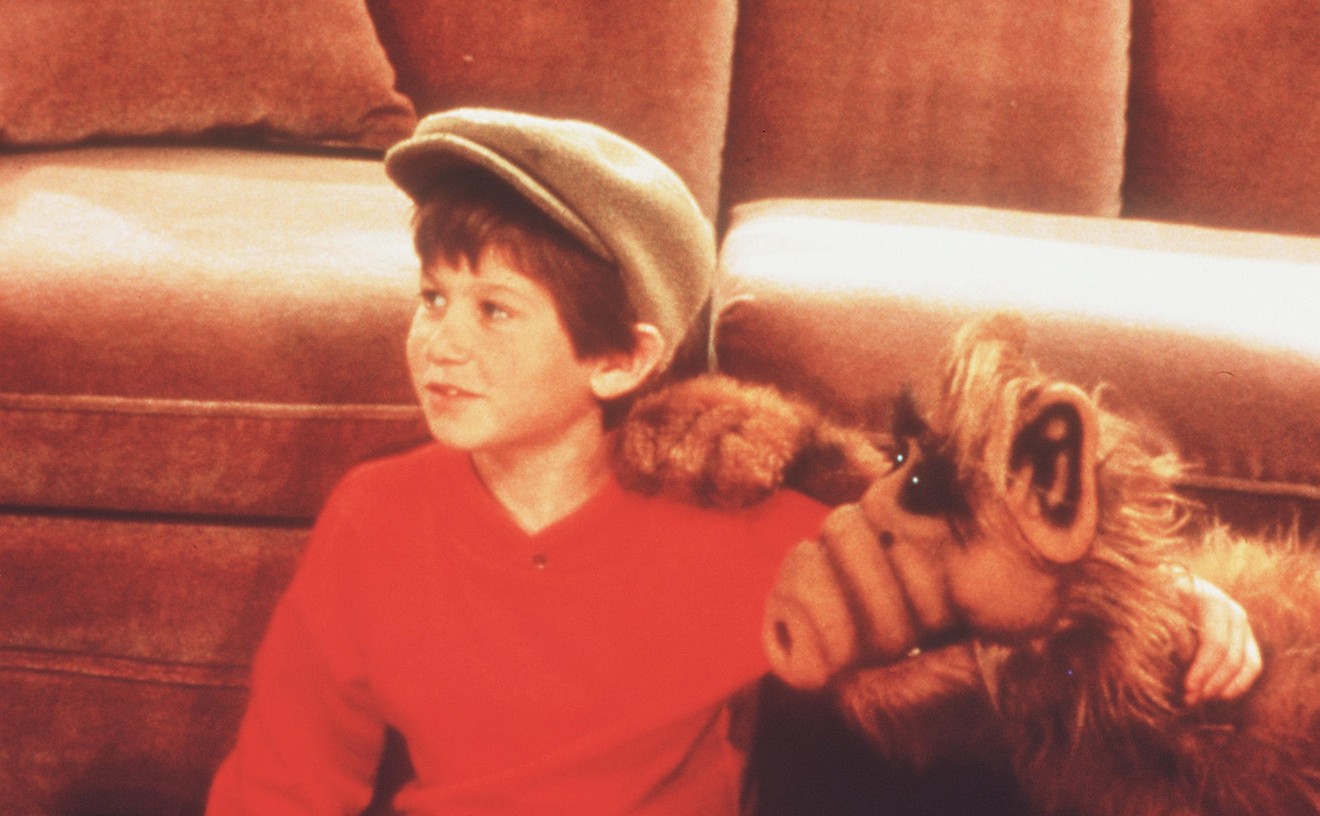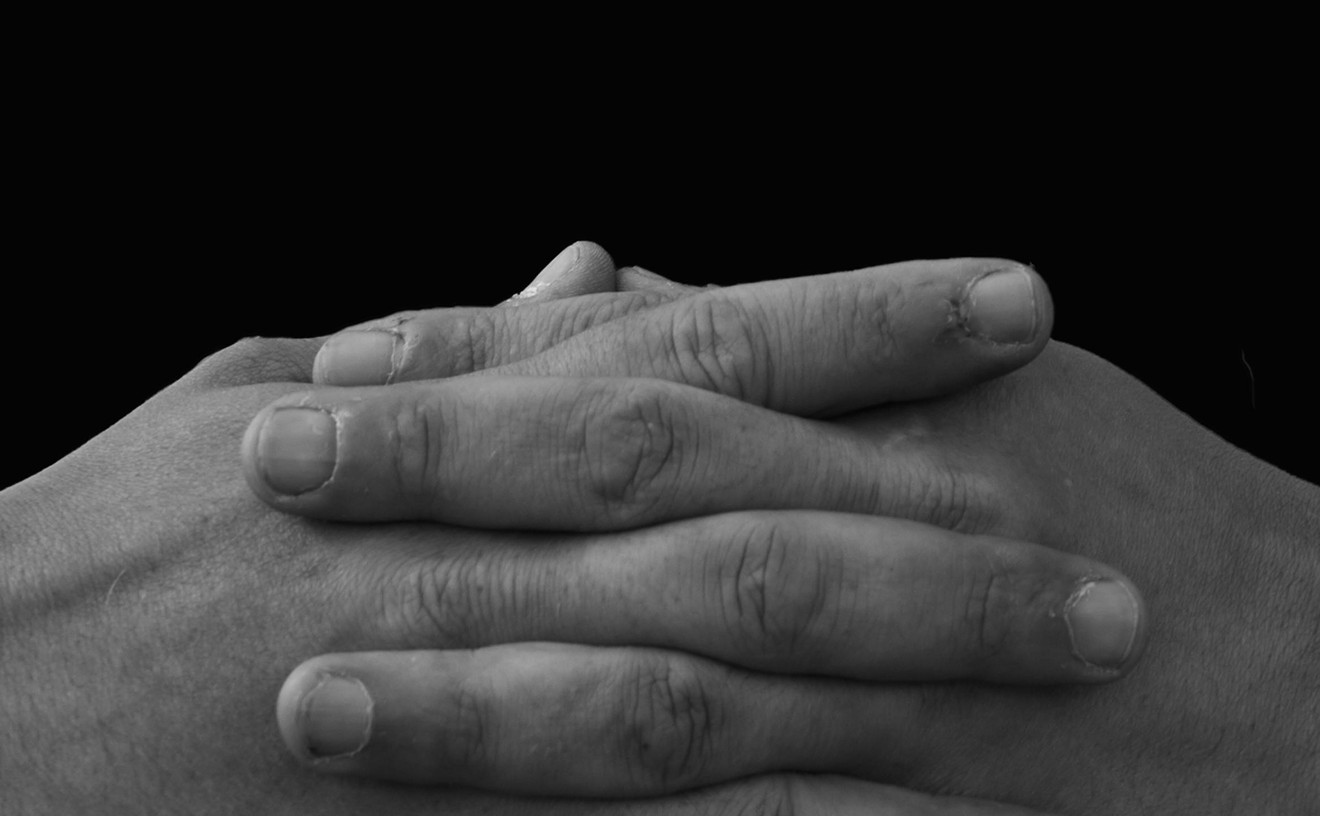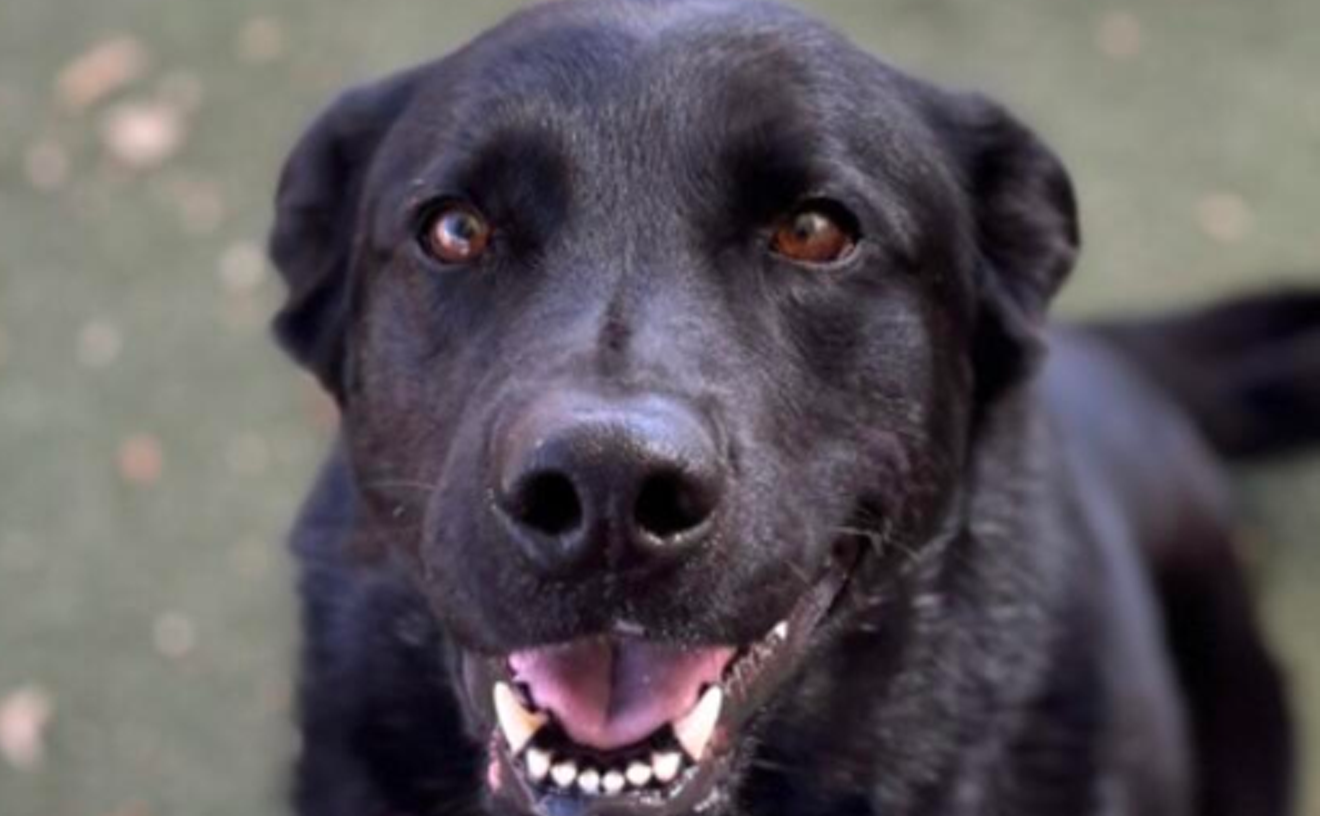Desert Refillery is changing how people approach shopping and is helping Phoenix take one step closer to a more sustainable way of living with their zero waste, bring-your-own container store.
Located at Central Avenue and Camelback Road, the store owned and operated by Kyle Walters and Tiffany Skoyen has been open since April 2022 and carries an assortment of eco-friendly home and beauty products such as laundry detergent, dish soap, hair care, body wash and even things like beeswax wraps.
“If every household in the Valley refilled their dish soap, it would save 3.8 million bottles from the landfill every year,” Walters says.
In 2018, only 9 percent of plastics were recycled according to the EPA.
The process includes bringing your own jars or other vessels, then choosing from over 100 different products. The staff will weigh your container before you fill it with as much product as you want. The containers are then weighed again so that you only pay for what you fill.
“We try and find everything as clean as possible,” Walters says. “Everything comes from sustainable sources and cleaner ingredients, and most of our products are U.S.-based.”
Desert Refillery also offers an arrangement of free jars to choose from that have been donated and professionally cleaned if you forget to bring your own.
The zero-waste store is the first to open in the Phoenix area; however, the zero-waste movement is gaining momentum globally and around Phoenix. Walters says they are helping multiple organizations who are considering opening similar stores. They also have pop-up shops at multiple locations and farmers markets like Gilbert Farmers Market.
“Refill shops are gaining popularity as climate change is no longer a topic of conversation but something we are actively experiencing,” Skoyen says. “We are facing the consequences of how things have been run and are realizing that we need to make a change.”
Containers and packaging had the most plastic tonnage at over 14.5 million tons in 2018 in the United States, according to the United States Environmental Protection Agency. This includes bags, wraps and other packaging.
Some shoppers argue that shopping at a zero-waste refill store is more inconvenient and time-consuming than going to a store and buying a prepackaged product off the shelf, but Desert Refillery offers delivery and pickup services for consumers torn between sustainability and convenience.
“Going more zero-waste isn't hard; it's about making small choices every day that become habits: bringing your own silverware, water bottle, straw, bag, refilling instead of toss-and-go convenience, composting, shopping a little differently,” Skoyen says.
Walters also emphasizes the importance of shopping locally.
“I think people around the Valley want to try and support local. Supporting local means more money and tax revenue to the city rather than the big stores where only a small percentage goes to the city, and the rest goes to the corporation. Every little bit helps.”
The idea of the store came to life when Walters and Skoyen looked at how much waste they produced at home. They began to switch to more sustainable and zero-waste products.
“This quickly evolved to our neighbors noticing that we were not putting our trash out as often, and they wanted to get involved as well,” Walters says. “We started trying to find ways to wholesale our products and that led us to do popups and farmers markets in the valley until we opened our store in 2022.”
Americans throw out 4.9 pounds of trash per person every day, which is nearly 1,800 pounds of materials per American every year. The majority of this waste is ultimately dumped into landfills or burned in incinerators, according to Environment America.
Walters and Skoyen can also be found on Instagram giving tips, tricks and recommendations for living more sustainably.
“Every little bit helps the Valley stay cleaner, greener, and more sustainable,” Walters says.











